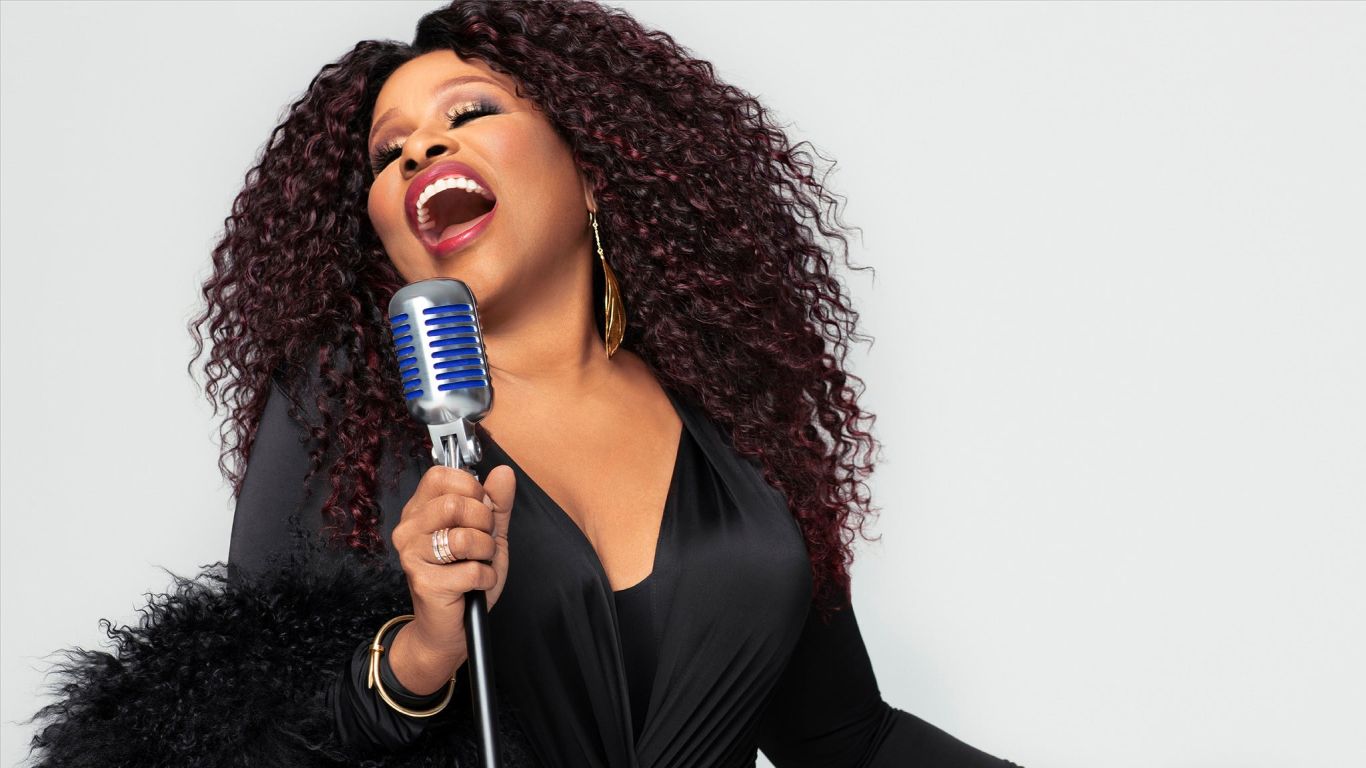Can you patent a voice?

Can you patent a voice? If you could, surely every Country singer would have sued every other Country singer by now!
I'll get to the legal view later but first consider, the fact is many singers sound the same. There's even a name for them. They are called Doppelsingers.
Voice Types
There is broad classification of voice types.
Women are typically divided into three groups: soprano, mezzo-soprano, and contralto. Men are usually divided into four groups: countertenor, tenor, baritone, and bass. No one owns that.
Beyond these voice classifications many singers sound so similar it is uncanny.
Singers have deliberately tried to sound like other (more popular) singers since minstrels roamed in the middle-ages! You can call it mimicry; you can call it impersonation. If someone tries to sing like you, you can get upset, or you can be flattered. There ain't nothing you can do about it.
For example, take the classic 'raspy' male voice. Rod Stewart, Paul Rodgers, Joe Cocker, or, if you don't know who they are… Lewis Capaldi. They are characterised by what is called a glottal stop. The sound you make when you say 'umbrella'. They operate in a lower register using what vocal coaches call 'chest voice'.
To my Mum, they all sound the same!
The late, great Freddie Mercury has an instantly recognisable voice, even to my Mum, and surely it would be impossible to create by Ai?
Ai Voices
Listen to this track featuring Ai Ariana Grande and Ai Michael McDonald 'singing' the Joni Mitchell masterpiece 'Shine'.
The Tone and Timbre are recognisable but neither artiste performed the song. They did not form the words. All the phrasing, emotion, and delivery belong to the singer whose voice the vocal profile was applied to.
So, do Ariana Grande and Michael McDonald deserve to benefit financially from this musical production that they had no involvement in?
It depends on your point of view. If you are a greedy grabbing music exec then, yes! However, there is a limit to what a record company owns. They would even try to charge the press just to mention the name of their artists, if they could, and it wasn't counterproductive!
Any reasonable person would take the view that you cannot stop people with a similar sounding voice to you being allowed to speak!
Voice Copyright
The one thing we have learnt from recent music copyright cases is that Judges and Juries cannot be persuaded to hand over ownership of common musical stylistics. Songs in the same genre will have the same characteristics and aesthetics. Grooves will have the same harmonic rhythm. Melody phrasing. All OK.
We even now have a snake oil industry dedicated to this - forensic musicologists. Yeah, they sound about as useful in a pandemic as Lawyers and Bankers were!
Sadly, now the only way to make money in the music industry is to sue for copyright infringement! That's why Ed Sheeran got sued over "Thinking out Loud" by Marvin Gaye's estate and why Jimmy Page got sued over "Stairway to Heaven"
The Legal View
Ever since someone tried to get a patent on the phrase 'You're Fired' dodgy dealers have been trying to make easy money from copyright dispute. It's as if simply to launch a claim makes it worthy of dubious reward.
The legal view, for now, is that a voice cannot be patented. Precedent exists in Midler v. Ford Motor Co Which decided that...
A voice is as distinctive and personal as a face. The human voice is one of the most palpable ways identity is manifested
For common copyright words are protected, for example if they were spoken and later spliced together but they must be formed by the person. Voice timbre and tone, nah. It's like saying you own a guitar tone, it would be advantageous, but it's not going to happen is it!
However, when money is involved we can expect they will try. They will fail. We hope…
NEXT >> ditto music
